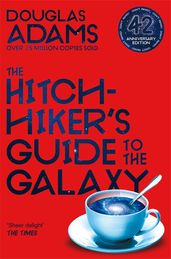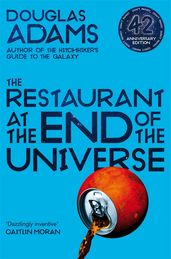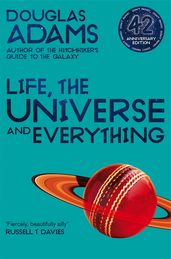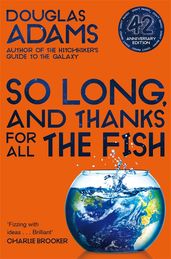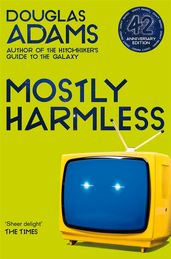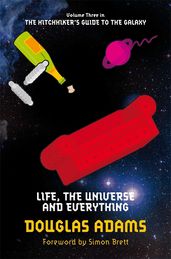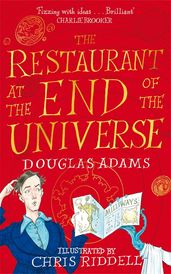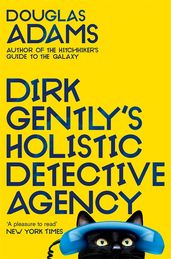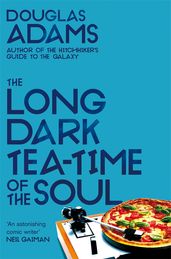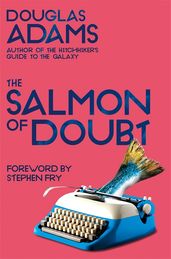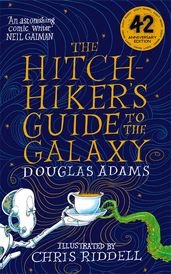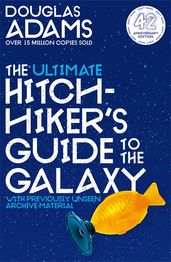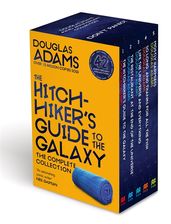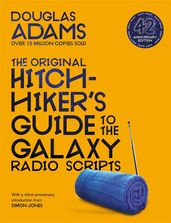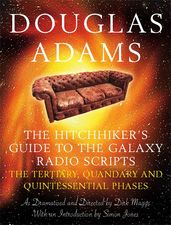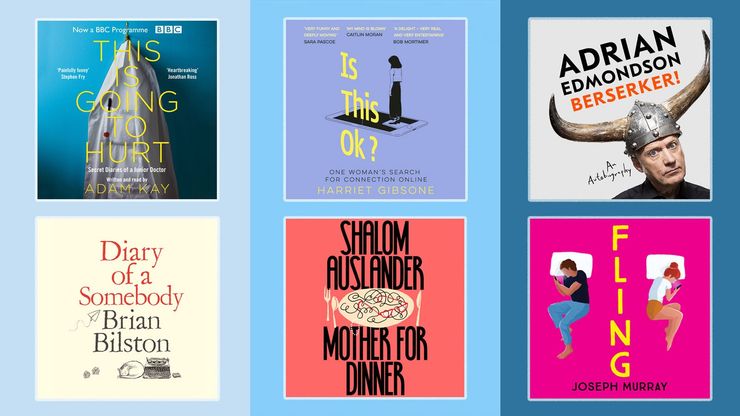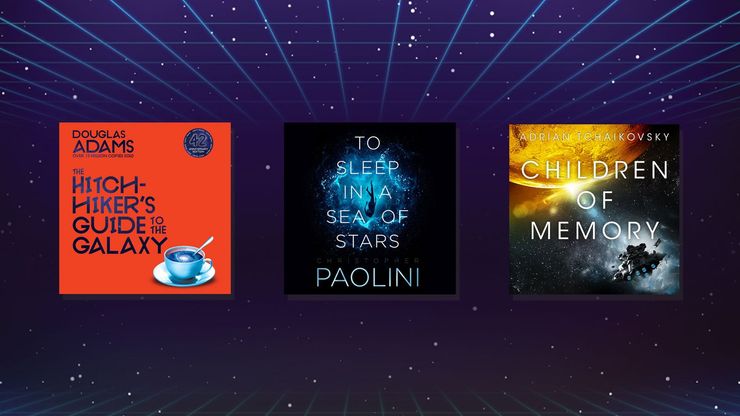The Hitchhiker's Guide to the Galaxy
Synopsis
Read by Stephen Fry.
The intergalactic adventures of Arthur Dent begin in the first volume of the 'trilogy of five', Douglas Adams' comedy sci-fi classic The Hitchhiker's Guide to the Galaxy.
'One of the greatest achievements in comedy. A work of staggering genius' - David Walliams
'By turns authoritative as the narrator, bemused as Arthur Dent, deadpan as Ford Prefect and manic as Zaphod Beeblebrox, he [Stephen Fry] makes an altogether appropriate reader' - The Times
'Master of comedy Stephen Fry delivers a brilliant audiobook narration' - Editor Review
On 12 October 1979 the most remarkable book ever to come out of the great publishing corporations of Ursa Minor (and Earth) was made available to humanity – The Hitchhiker's Guide to the Galaxy.
It's an ordinary Thursday lunchtime for Arthur Dent until his house gets demolished. The Earth follows shortly afterwards to make way for a new hyperspace bypass and his best friend has just announced that he's an alien. At this moment, they're hurtling through space with nothing but their towels and an innocuous-looking book inscribed with the big, friendly words: DON'T PANIC.
The weekend has only just begun . . .
Follow Arthur Dent's galactic (mis)adventures in the rest of the trilogy with five parts: The Restaurant at the End of the Universe, Life, the Universe and Everything, So Long, and Thanks for All the Fish, and Mostly Harmless.
Details
Reviews
By turns authoritative as the narrator, bemused as Arthur Dent, deadpan as Ford Prefect and manic as Zaphod Beeblebrox, he [Stephen Fry] makes an altogether appropriate reader
He had almost a Wodehousian style and some of his phrases and jokes entered our language. He changed the way people spoke
